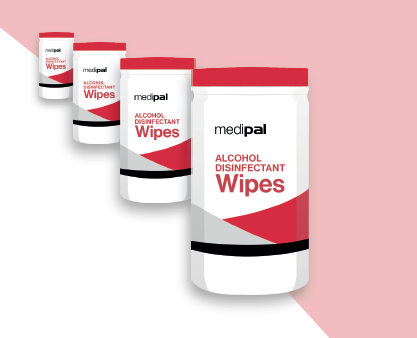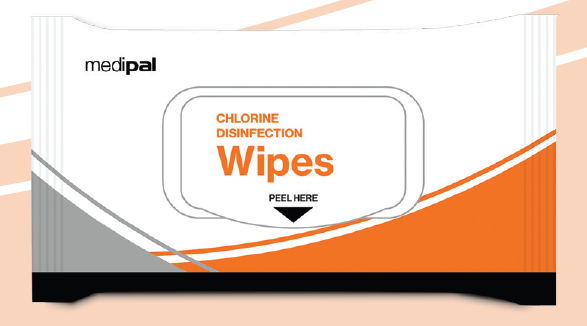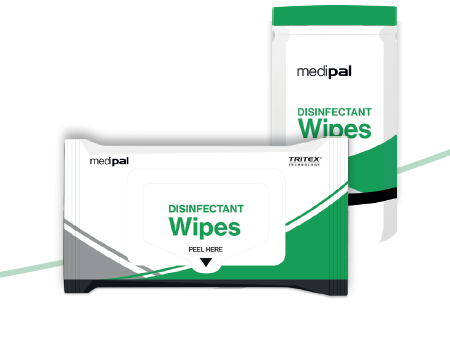What is Listeria?
Listeria monocytogenes is a type of bacteria that can cause a rare but potentially serious infection known as listeriosis. Unlike many other foodborne pathogens, Listeria can survive and grow in cold, refrigerated environments, making it particularly dangerous in chilled ready-to-eat foods.
Though healthy individuals often experience only mild symptoms, Listeria poses a significant risk to pregnant women, newborns, older adults, and people with weakened immune systems.
The Global Impact of Listeria
- Listeriosis affects around 1,600 people in the US annually, with about 260 deaths – one of the highest mortality rates among foodborne illnesses.
- In Europe, over 2,500 cases were reported in a single year, with a hospitalisation rate of more than 90%.
- While rare, the infection is severe and can result in long-term complications or death.
- Listeria monocytogenes has an estimated 20–30% mortality rate.
- Outbreaks are typically linked to contaminated ready-to-eat foods such as soft cheeses, pâté, smoked fish, cooked meats, and unpasteurised milk products.
How is Listeria Spread?
Listeria is transmitted primarily through the consumption of contaminated food. Common sources include:
- Pre-packaged deli meats and cooked sliced meats
- Soft cheeses made from unpasteurised milk
- Smoked seafood
- Ready-to-eat chilled foods
- Unwashed raw vegetables
- Cross-contamination from surfaces or hands during food preparation
Unlike many other pathogens, Listeria can multiply in refrigeration temperatures and persist on surfaces if not properly disinfected.
Symptoms of Listeriosis
Symptoms can appear a few days to several weeks after eating contaminated food. They may include:
- Fever and muscle aches
- Nausea or diarrhoea
- Headache and stiff neck
- Confusion or loss of balance
- In severe cases, septicaemia or meningitis
Pregnant women may experience only mild, flu-like symptoms, but the infection can lead to miscarriage, stillbirth, or serious infection in newborns.
Incubation and Infectious Period
- Incubation period: Typically 1–4 weeks, but can range from a few days to up to 70 days
- Infectious period: Listeria is not usually spread person-to-person, except in rare cases from mother to baby during pregnancy
Who is Most at Risk?
While anyone can get listeriosis, the following groups are most vulnerable:
- Pregnant women and their unborn babies
- People over the age of 65
- Individuals with weakened immune systems (e.g., due to cancer, HIV, or chronic illness)
- Babies infected during childbirth
Potential Complications
Listeriosis can lead to:
- Bloodstream infections (septicaemia)
- Meningitis
- Premature birth or stillbirth
- Long-term neurological damage in survivors
Prevention is Essential
To reduce the risk of Listeria infection:
- Avoid high-risk foods, especially if you are pregnant or immunocompromised
- Thoroughly cook raw food from animal sources
- Wash raw vegetables and salad leaves before eating
- Keep refrigerated foods below 5°C
- Practise good hygiene and disinfect surfaces regularly in food preparation areas
The Paltx Advantage
Paltx Surface Disinfectant and Paltx Alcohol Wipes have been tested and proven effective against Listeria monocytogenes. Specifically developed for food production and preparation settings, these products help maintain strict hygiene standards and reduce the risk of surface contamination.
With fast-acting, broad-spectrum efficacy, the Paltx range offers solutions suitable for use in food preparation areas that support the prevention of harmful pathogens, contributing to cleaner, safer, and regulation-compliant food environments.






